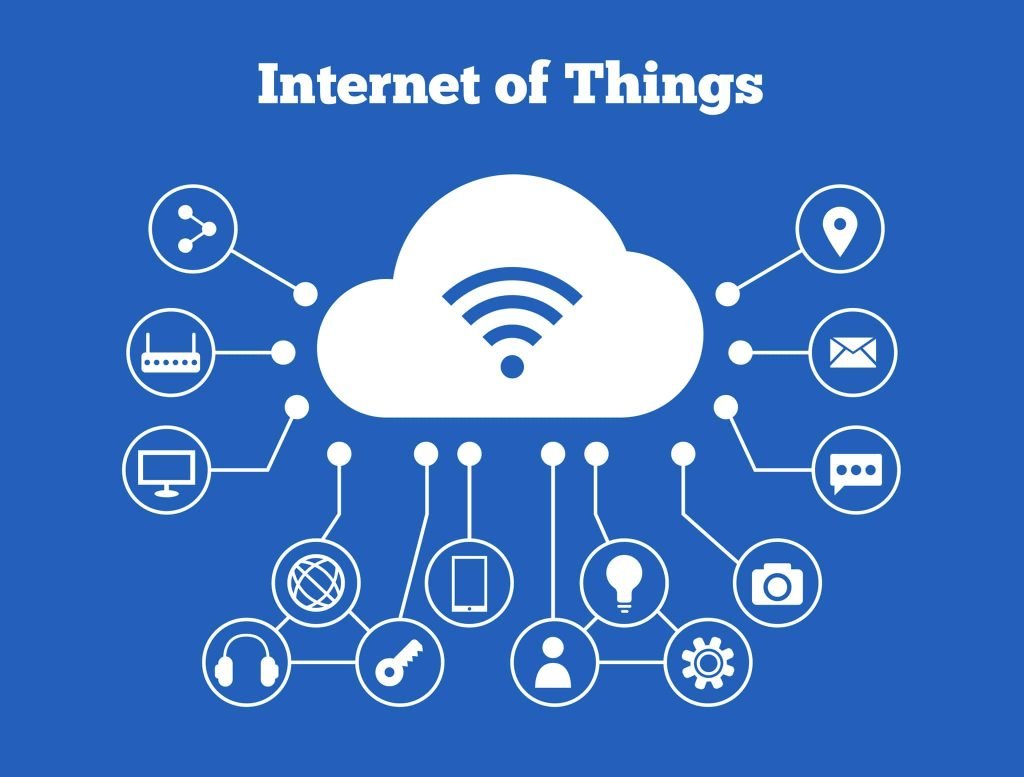IOT PCBA

Wonder Tech provides high reliability electronics manufacturing services including surface mount technology (SMT), through hole technology (THT), conformal coating protection, functional testing and box building. There are 6 SMT production lines, including Fuji multi-function mounter, BTU 10 temperature zone lead-free reflow soldering machine, automatic solder paste printer, 3D solder paste inspection device, online AOI and X-ray inspection machine. The wave soldering line is suitable for PCBA of custom or oversized components in high-reliability medical, automotive, and defense products. Our PCBA production line is capable of assembling PCBA with 01005 components, 0.3mm – 0.5mm BGA, and many other components in different packages, such as QFP, SOP, SOJ, CSP QFN, etc. It can be widely used in smart meter, smart city, smart home, smart agriculture and other industrial application scenarios, providing comprehensive data transmission services.
The application fields of the Internet of Things involve all aspects of military, industrial, agricultural, retail, transportation, security and other infrastructure.
- Military – IoT adoption helps in monitoring and analyzing security.
- Industry – intelligent data collection, information processing, network transmission security. Manufacturing uses IoT devices to track production processes and assets.
- Agriculture – Internet of Things (IoT) manufacturing systems use devices around the farm to collect data and provide information on animal health, soil chemistry, texture and topography.
- Retail – IoT devices enable retailers to track customer satisfaction, sales opportunities and product availability.
- Transportation – IoT connects the world in the way of public transport and smart parking.
- Security – School smart inspection requires IoT devices to save time. Hazards and emergencies can also be detected immediately by triggering sensors.
A PCBA is the foundation of all IoT devices. With the growing demand for new Internet technologies, the Internet of Things has more functional requirements, and the ability to collect, share and exchange data enables a more rational allocation of limited resources, thereby improving efficiency and effectiveness. According to different needs, IoT devices need to meet high-density PCBs with multi-layer and fine-pitch components.
